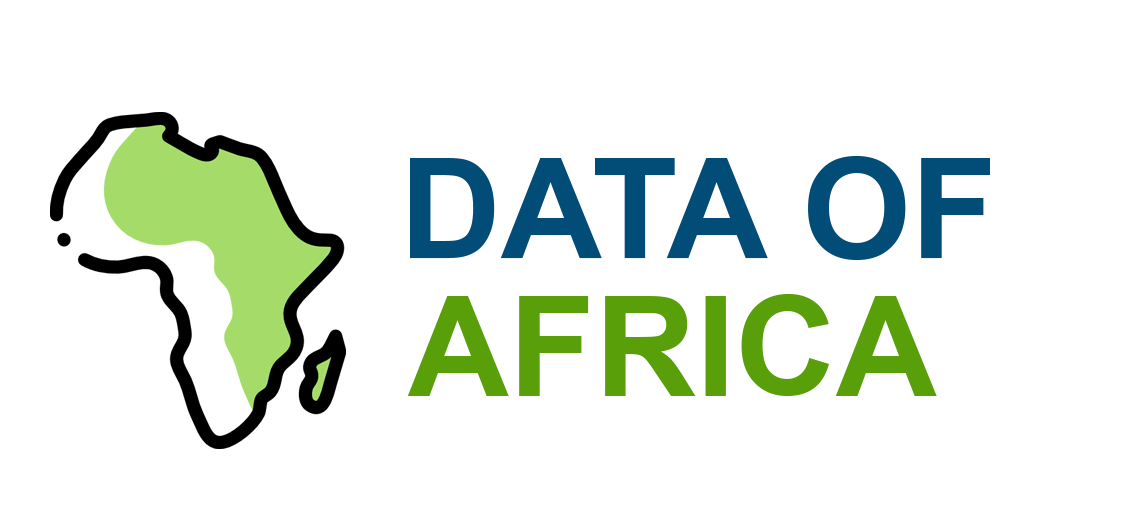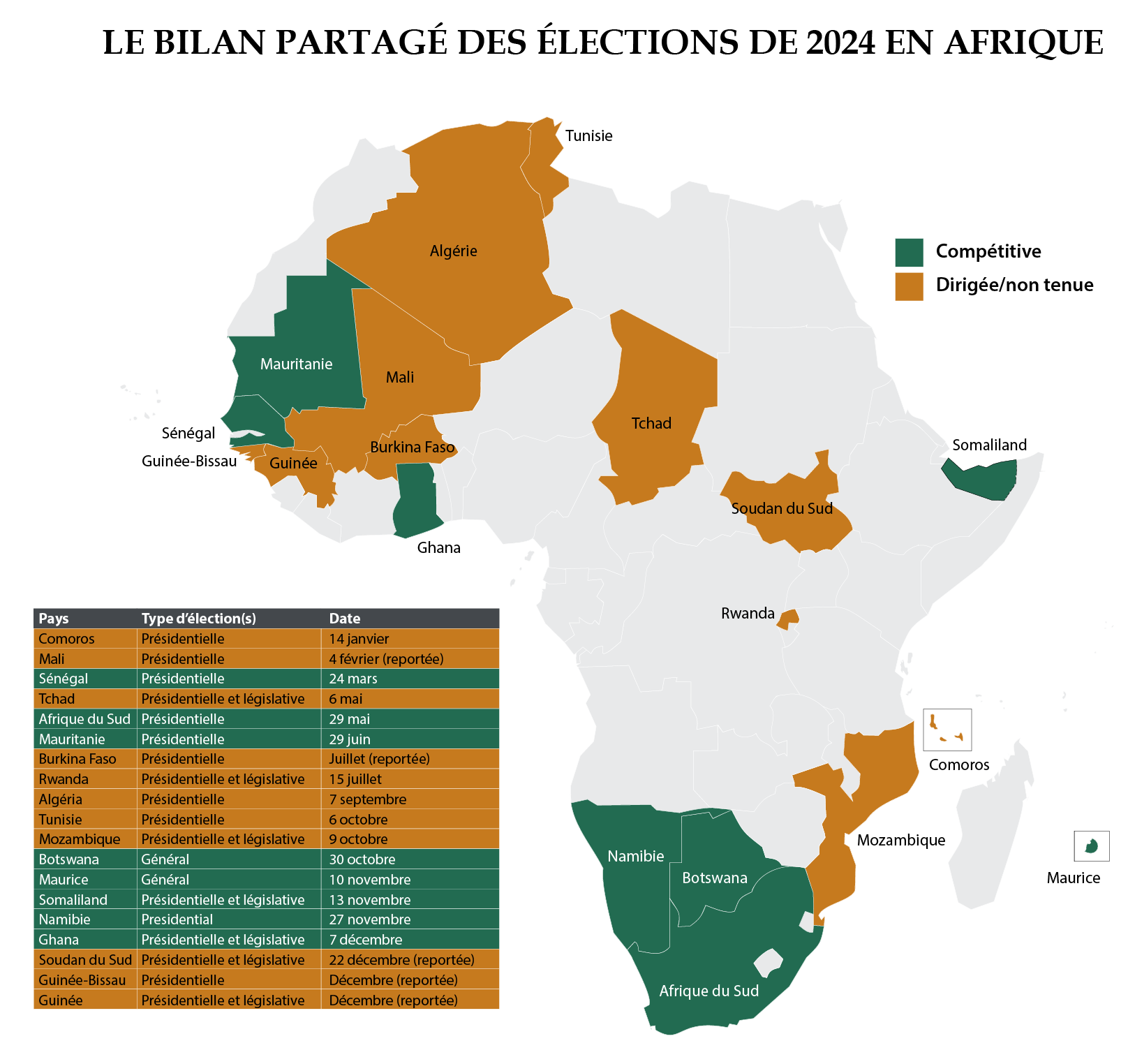This election year, at the beginning of which 19 elections were anticipated, resulted in a mixed assessment.
Authorities in five countries, including the juntas of Mali, Burkina Faso and Guinea, felt no obligation to hold elections that they had nonetheless promised to tarnish this year. In six other countries, the elections that did take place were such staged exercises that their outcome could not be considered to pass any threshold of freedom, justice or the outcome could be considered legitimate.
Eight African countries and territories held competitive elections, including Senegal, South Africa, Mauritania, Botswana, Mauritius, Namibia, Ghana, and Somaliland, an unrecognized territory. Incumbent presidents retained power in three of these countries, while the opposition prevailed in the rest. Each of the transfers of power occurred peacefully, sending a powerful message about the prospects for power-sharing and democratic renewal on the continent.
Notable among these transitions: the first transfer of power between parties since independence in Botswana and the creation of a united transitional government in South Africa where the African National Congress lost its absolute majority in Parliament.
For more information :
- https://fr.wikipedia.org/wiki/Portail:Afrique
- https://en.wikipedia.org/wiki/Africa
- https://africacenter.org/
- https://journals.openedition.org/etudesafricaines/
- https://etudes-africaines.cnrs.fr/
- https://journals.openedition.org/etudesafricaines/
- https://www.afdb.org/fr/documents-publications/economic-perspectives-en-afrique-2024

